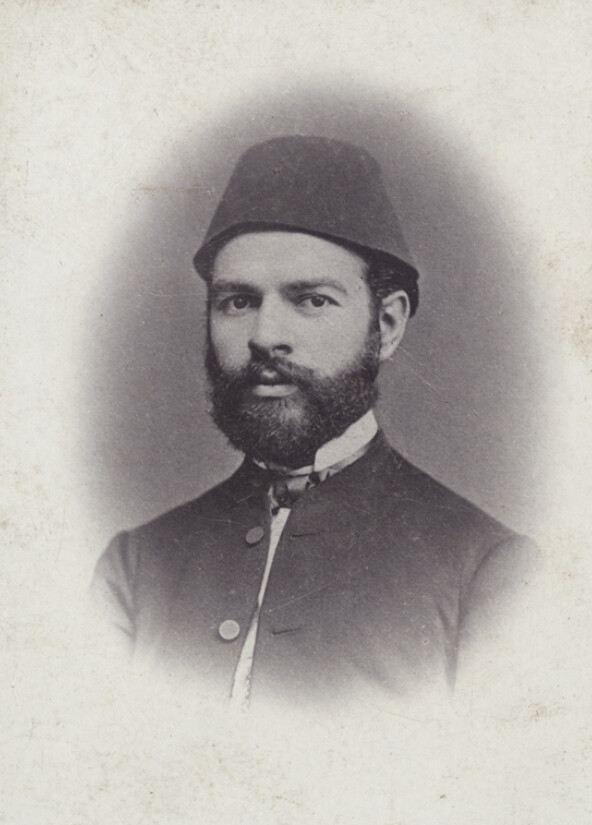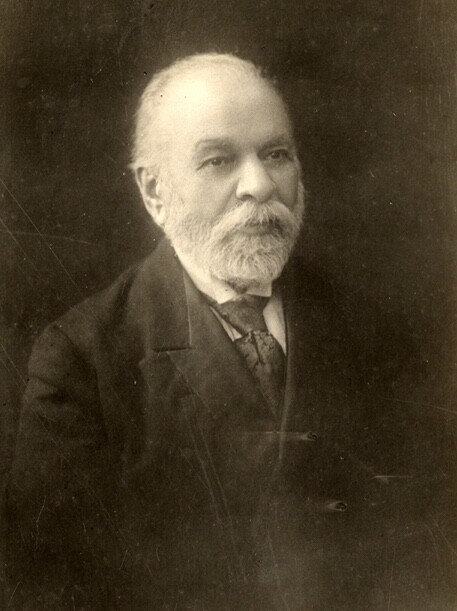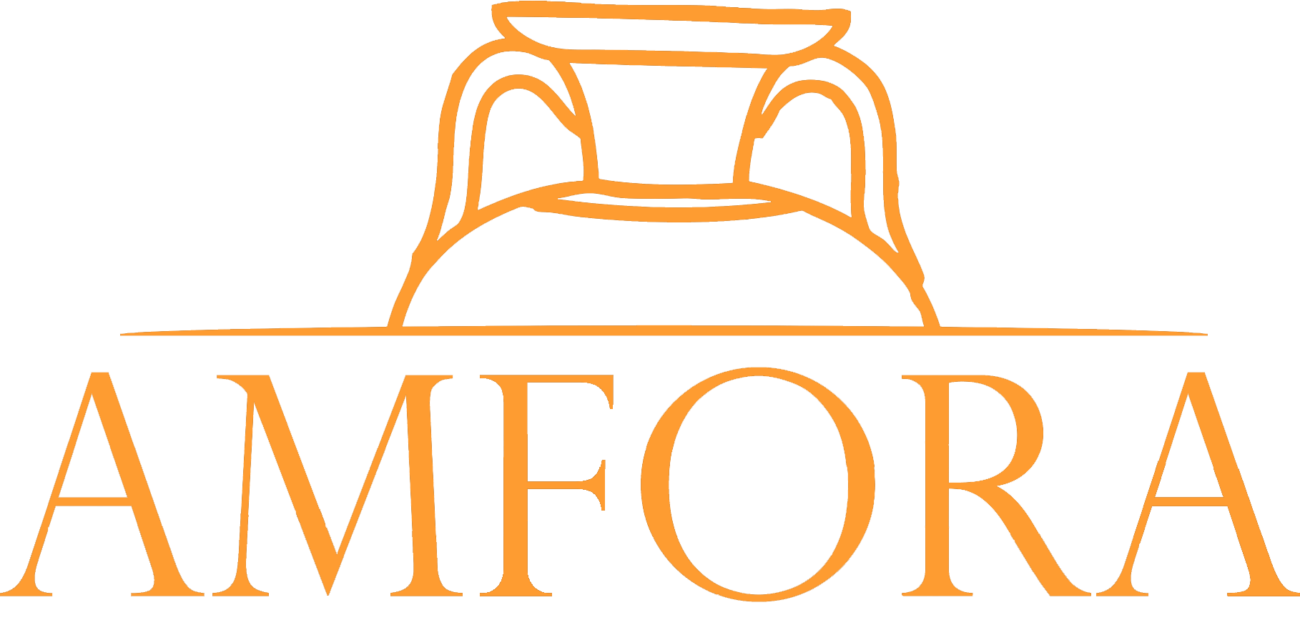Perplexed Hero: Ismail Qemali, or Ismail Qemal Bey Vlora?
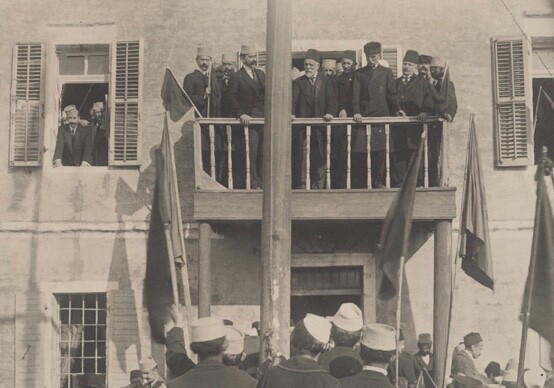
The first anniversary of the independence of Albania, 1913.
Introduction
Ismail Qemali, an Albanian scholar, translator, and politician, was a key figure in Albania’s independence. In November 1912, he formed an independent government in Vlora (Valona or Avlona), marking a significant turning point in Albanian history, as noted by Taglia (Taglia, 340).
His past has consistently been misconstrued since his passing. Its birthdate, original name, political role, death and family were among the many details that were deleted. Ismail Qemali’s family suffered persecution at several points in Albanian history, and it is important to remember that these forced policies altered his family’s past.
The Birthdate of Ismail Qemali
It’s unclear when Ismail Qemali was born. The Albanian historiography just tells us that he was born in 1844. Another source mentions that Ismail Qemali was born on October 16, 1846, not 1844, as Turkish historian Necip P. Alpan notes. Subsequently, his birthdate was concealed throughout Hoxha’s dictatorship (1944–1990), as it coincided with Hoxha’s birthday (Balkanweb, Paragraph 1).
The Albanian Encyclopedic Dictionary likewise deleted his birthdate (Albanian Encyclopedic Dictionary, 28). “He is the well-known prime minister, the leader of the Albanian National Movement, and the People’s Hero,” the encyclopedia notes. Budo mentions that he was raised in a manor family of Vlora (Buda, 28). Notably, he was referred to as Ismail Qemali rather than Ismail Qemal Bey Vlora.
Ismail Qemali Between Zogu’s and Hoxha’s Period Historiography
Following Qemali’s death in 1919, the Zogu dictatorship in Albania honored him and his family. King Zog I changed the Turkish name Ismail Kemal Bey Vlora to the Albanian version, Ismail Qemali or Ismail Qemal Bey Vlora, during the 25th anniversary of Albanian independence. This change occurred during Communist Albania, and his name is mentioned in the Albanian Encyclopedic Dictionary as Ismail Qemali or I.Q (Buda, 28).
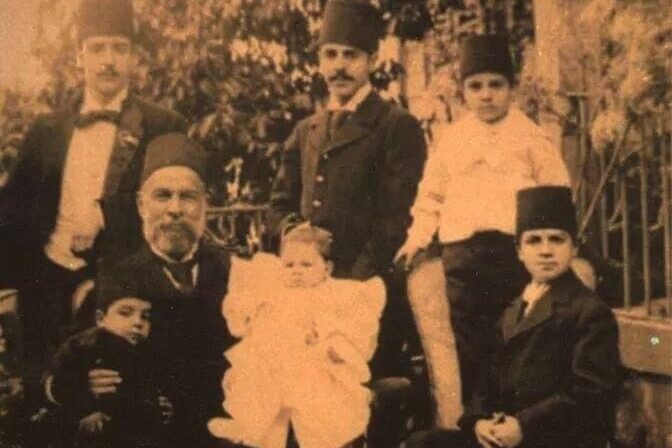
During Zogu’s regime, Vlora’s family was highly respected in Albania. However, during Communist Albania, Enver Hoxha viewed them as a wealthy and imperialist clan, collaborating with Zogu and Fascist occupiers during WWII. Qamil Vlora, the last Ismail Qemali child, stayed in Communist Albania and died in Tirana (AlbDreams.net, Paragraph 4).
The death of Ismail Qemali
Ismail Qemali, after the short-lived Vlora government’s failure in 1914, left for France for four years. In the end of 1918, he sought to meet Italian Prime Minister Vittorio Orlando and protect Albania’s borders, but was stopped in Perugia by Italian authorities.
Ismail Qemali was allegedly misled by Orlando’s diplomacy, according to a Tirana Observer story (Periskopi, Paragraph 4). Five days later, on January 24, 1919, Qemali fell suddenly in Perugia during a session with journalists, in the midst of seclusion and distress. Who poisoned Qemali and why are still mysteries. But there’s no denying that Qemali’s killing was provoked.
Conclusion
The biography of Ismail Qemali and his family is understudied by Albanian and foreign historians. The main topics include his birth date, name, political role, death, and family. Ismail Qemali’s family faced persecution at various points in Albanian history, altering their past.

Despite his perplexing character, further research on Ismail Qemali is needed to better understand the father of the Albanian nation. In addition, Historians express regret over the delays and ambiguities that have tarnished Albanian history, making it a potential political target for the future.
References
Burda, Vani. “Ismail Qemali (1844-1919) – Albanian politician and founder of the modern Albanian State.” General Directorate of Archives, 1919. Wikimedia Commons, https://commons.wikimedia.org/wiki/File:Ismail_Qemali_(portrait).jpg.
Buda, Aleks. “Qemali, Ismail”. Fjalori Enciklopedik Shqiptar. Akademia e Shkencave e Republikes Popullore Socialiste te Shqiperise, 1985, pg. 28.
Dhimitri, Petro. “Celebration of the first anniversary of the Albanian Declaration of Independence held on 28 November 1913.” General Directorate of Archives, 1913. Wikimedia Commons, https://commons.wikimedia.org/wiki/File:28nentor.jpg.
Editors, Albdreams.com. “HISTORI “RRUGËTIMI” I FAMILJES “VLORA” DHE ISMAIL VLORËS NGA PERANDORIA TURKE-OSMANE TE SHPALLJA E PAVARËSISË SË SHQIPËRISË..!”. Albdreams, 28 November 2021, https://albdreams.net/histori-rrugetimi-i-familjes-vlora-dhe-ismail-vlores-nga-perandoria-turke-osmane-te-shpallja-e-pavaresise-se-shqiperise/.
Editors, Balkanweb.com. “Fakte Të Panjohura Për Ismail Qemalin: Ditëlindja, Emri Dhe Vdekja e Mistershme!” Balkanweb.Com – News24 – Kryesore, 20 January 2016, www.balkanweb.com/fakte-te-panjohura-per-ismail-qemalin-ditelindja-emri-dhe-vdekja-e-mistershme/#gsc.tab=0.
Editors, Periskopi. “5 misteret e Ismail Qemalit: Të fshehtat e njeriut që themeloi shtetin e parë shqiptar”. Tirana Observer, 13 September 2012, https://www.periskopi.com/5-misteret-e-ismail-qemalit-te-fshehtat-e-njeriut-qe-themeloi-shtetin-e-pare-shqiptar/.
Editors, Shqiperia.com. “Ne pasardhesit e Ismail Qemalit”. Shqiperia.com, 3 July 2012, https://www.shqiperia.com/Ne-pasardhesit-e-Ismail-Qemalit.17164/.
Marubi, Pjeter. “Portrait of a young Ismail Qemali.” General Directorate of Archives, 1867. Wikimedia Commons, https://commons.wikimedia.org/wiki/File:Ismail_Qemali_(1867).jpg.
Taglia, Stefano. “The Feasibility of Ottomanism as a Nationalist Project: The View of Albanian Young Turk İsmail Kemal.” Die Welt Des Islams, vol. 56, no. 3/4, 2016, pp. 336–58. JSTOR, http://www.jstor.org/stable/24893997.

